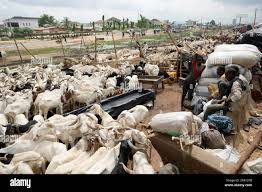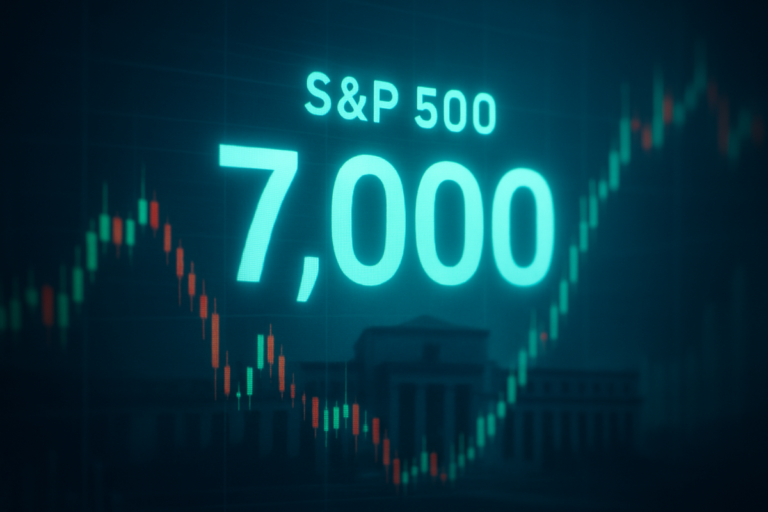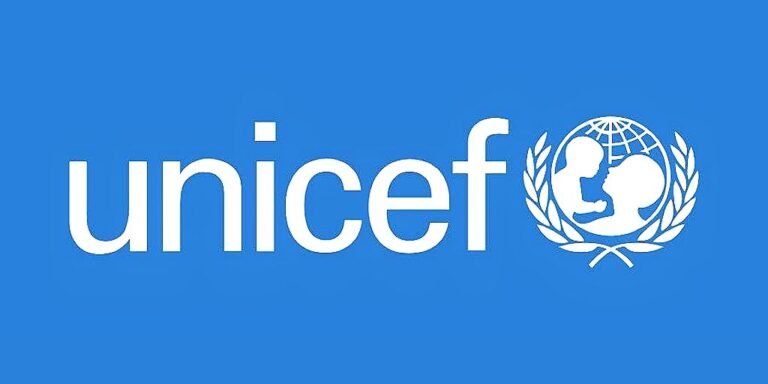As Muslim faithful globally prepare to mark Eid-el-Kabir, a sharp increase in the prices of the traditional sacrifice animal, ram, has forced a lot of Muslims in Nigeria to explore alternative instruments of sacrifice like goats, cows, and camels, among others.
A visit to the popular Kara Market in Lagos, the country’s largest livestock market, revealed the surge in ram prices, which has prompted a significant number of Muslim faithful to turn to more affordable alternatives for their Eid sacrifice.
Rams Prices Balloon Out of Reach
The visit revealed that the ram, which represents the symbolic centerpiece of Eid-el-Kabir celebrations in Nigeria, has become relatively priced out of reach for average families, with prices having more than tripled over the past two years.
Conversations with traders at the market revealed small to medium-sized rams that sold between N80,000 and N150,000 in 2023. By 2024, and in the region of N200,000–N400,000, in 2024, were now being sold between N300,000–N400,000, with larger rams commanding a fee as high as N800,000.
Lamenting this situation, Aminu Muhammed, a buyer at Kara Market, said, “The ram I bought for ₦200,000 last year now starts at ₦600,000. It’s becoming unaffordable,”
Reasons For Rising Prices
When asked the reason for the soaring prices, traders at Kara market mentioned the inflationary pressures currently plaguing Nigeria. The International Monetary Fund (IMF) projected Nigeria’s inflation rate to average 26.5% in 2025, having peaked at 31.43% in 2024 following the lingering effects of subsidy removal and exchange rate volatility.
In April 2025, the country’s inflation rate stood at 23.71%, with citizens grappling with a serious cost-of-living crisis owing to soaring food prices and currency devaluation. The fuel subsidy removal has made transporting animals from the Northern part of the country to other parts prohibitively expensive, while prices of feed have soared enormously in the past year.
“The cost of transporting livestock has doubled due to fuel hikes. We have no choice but to increase prices to stay afloat,” Aliyu Haido, a Livestock Dealer at Kara market, said
On his part, Musa Isyaku, a Cattle Seller, noted, “Feed prices have skyrocketed. Maintaining animals until they’re sold is now a significant financial burden. Banditry in key livestock-producing states, which disrupts supply routes, has also not helped matters.
Internationally, the ban placed on ram exports by the military government in Niger this year to stabilize local supply has further exacerbated supply issues in Nigeria as Nigeria heavily relies on ram imports from Niger especially during the festive periods. The unavailability of ram imports from Niger this year according to the traders have made the available livestock more expensive than it should be.
Muslim Faithful Turn to Alternatives
The Islamic jurisprudence (Shari’ah) allows for the sacrifice of any of the Goat, Sheep, Cow, and Camel in place of the ram, and many muslims have decided to take advantage of that due to their cost-effectiveness and availability.
Abubakar Haruna, who was seen purchasing a camel at the Kara market, pointed out, “Camels are becoming a popular choice. For ₦500,000, I get more meat than a cow, and it’s a unique experience for my family.”
Others have had to go for goats, which go for around N100,000-N300,000, while others have resorted to slaughtering chickens to celebrate the Sallah due to their inability to afford rams, cows, or goats.
Emergency Measures Adopted by Muslim Faithful
With Salah around the corner, many families have delayed their purchase in the hope that the prices of ram would drop on Sallah day, while others have resorted to pooling funds to purchase shared cows. Others have, however, made peace with the fact that they might not sacrifice this year.

























